This is one of the timeless tales from Greek mythology, a story of gods, Titans, and heroes that illustrates courage, foresight, and the enduring spirit of humanity.
A Titan Who Loved Humanity
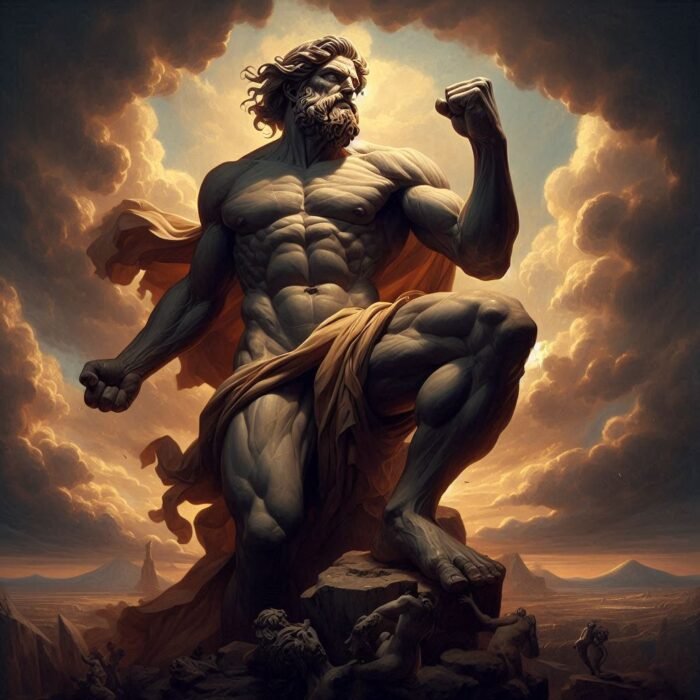

Prometheus, one of the wisest Titans, was a champion of humanity.
Unlike other immortals who cared little for mankind, he empathized with their struggles, recognizing their vulnerability in a world ruled by gods.
Observing humans living in darkness, cold, and ignorance, Prometheus resolved to give them the gift of fire—a divine spark that would illuminate their lives, warm their homes, and ignite their civilization.
Stealing Fire from Olympus
Fire was forbidden to mortals, jealously guarded by Zeus, king of the Olympians.
Knowing the danger, Prometheus stole the flame from Olympus, hiding it in a hollow stalk of fennel and bringing it secretly to mankind.
The gift transformed humanity forever: they could cook food, forge tools, craft weapons, and build shelters. Civilization itself took its first real steps because of Prometheus’s daring.
Zeus’s Wrath
Zeus, enraged by this defiance, chose to punish Prometheus most relentlessly. He chained the Titan to a remote cliff, and every day an eagle—emblem of the god’s wrath—would feast upon his liver.
As a Titan, Prometheus’s suffering was eternal: each night his wound would regenerate, and the agony would repeat.
Yet, despite the torment, he never repented. His act was not merely rebellion; it was a testament to foresight, courage, and the belief that knowledge and progress belong to all.
A Symbol of Defiance and Hope
Prometheus became a symbol of defiance and hope. The fire he stole not only illuminated the mortal world physically, it became a beacon of human ingenuity and resilience.
Even as the gods sought to control, punish, and limit mankind, Prometheus’s gift remained, quietly shaping the destiny of humanity.
Some legends note that he was eventually freed by Hercules, the hero who confronted the challenges of gods and monsters alike.
This final act of liberation reaffirmed the idea that courage, intellect, and compassion can endure even in the face of divine punishment.


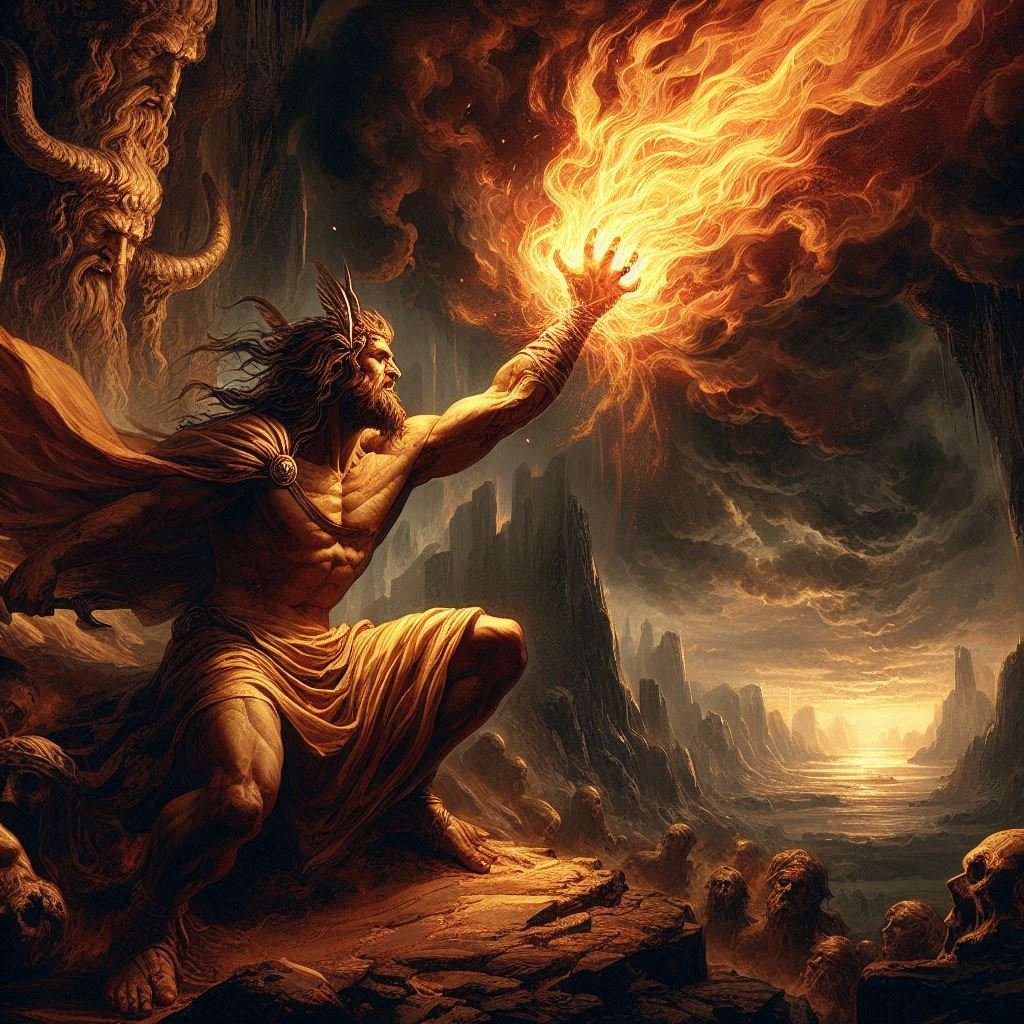


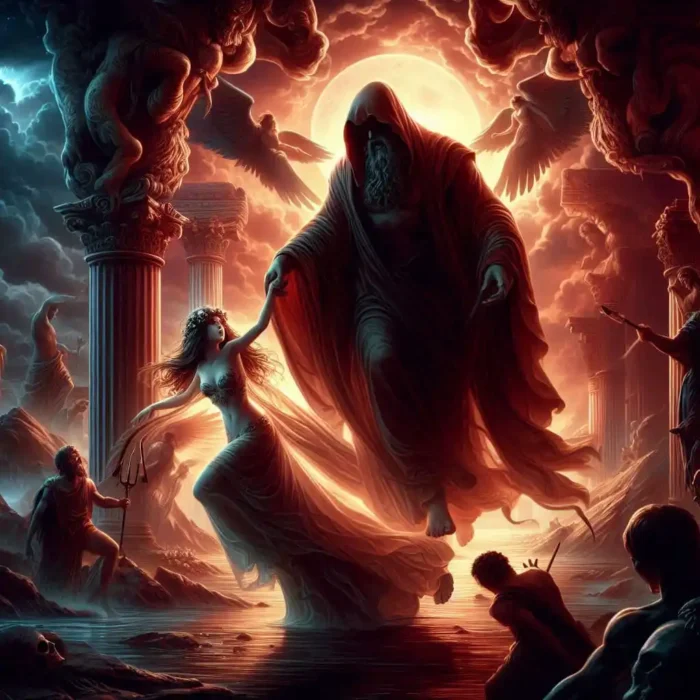
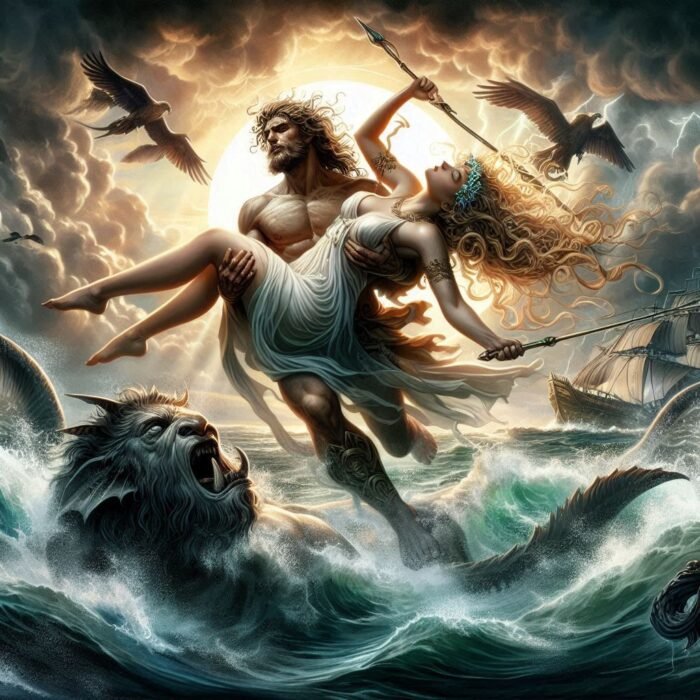
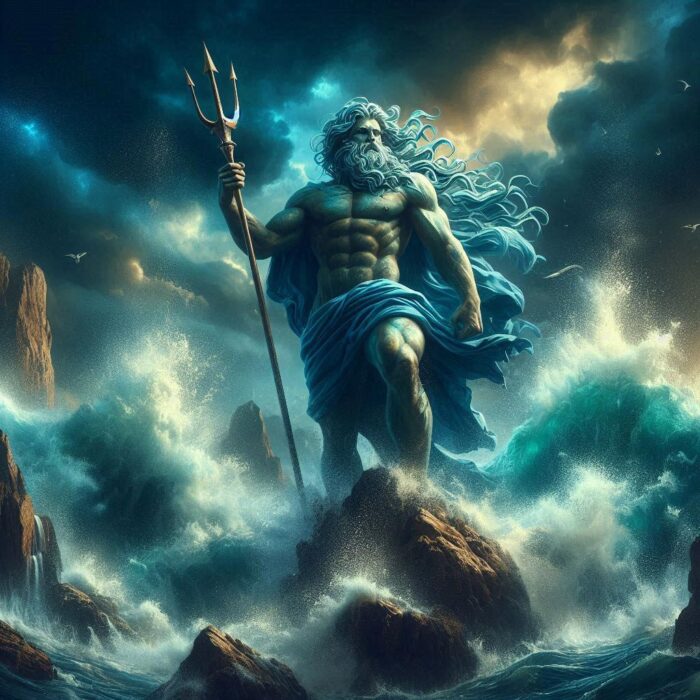

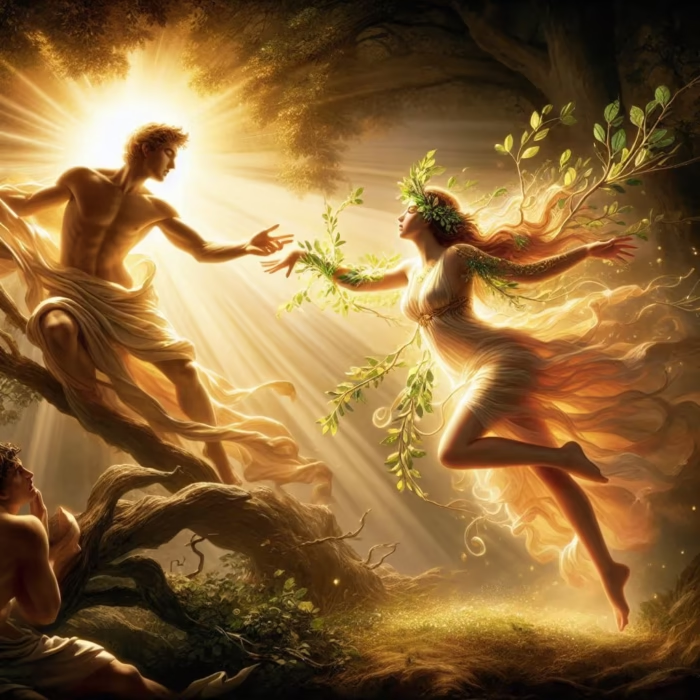


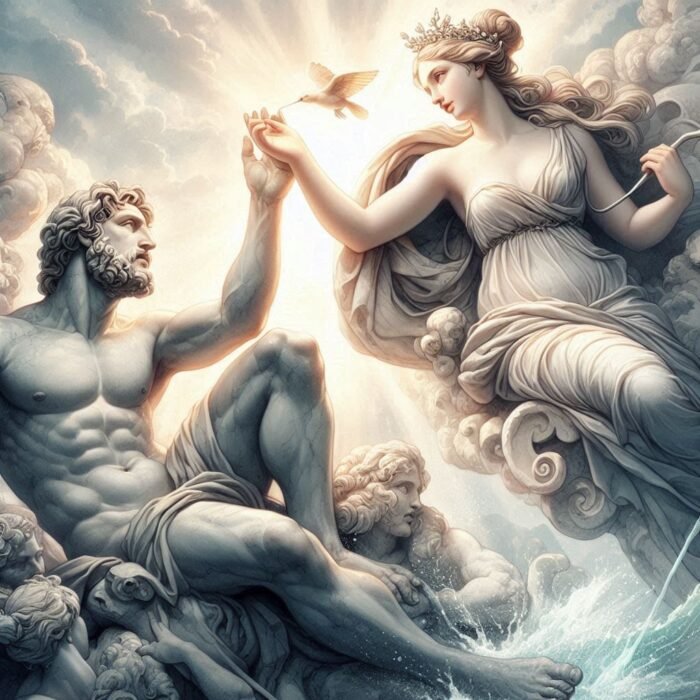

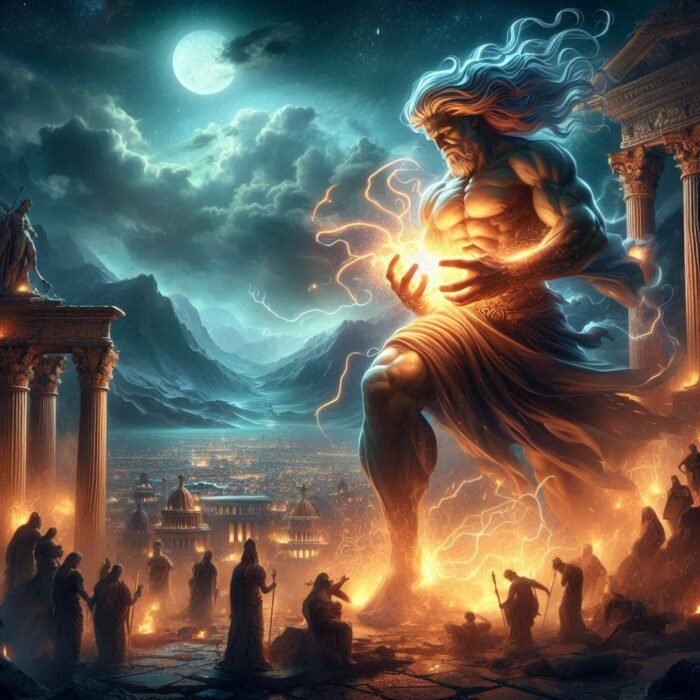
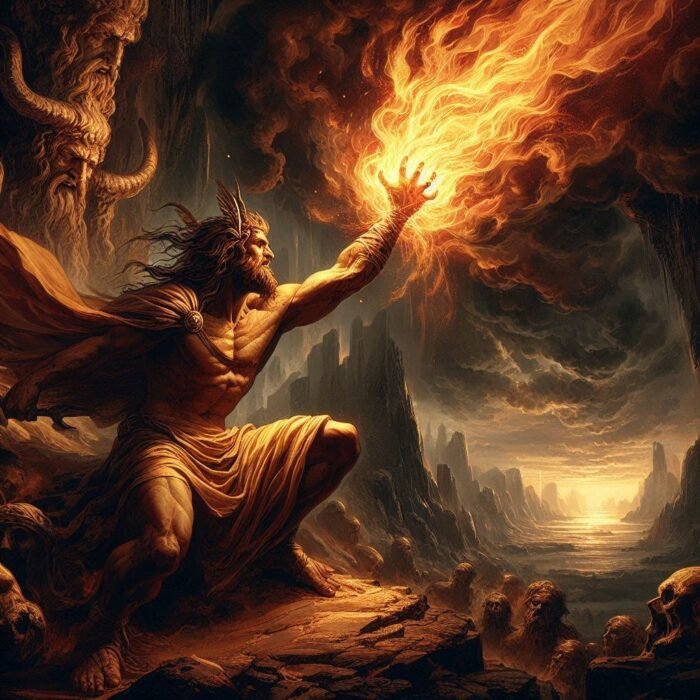

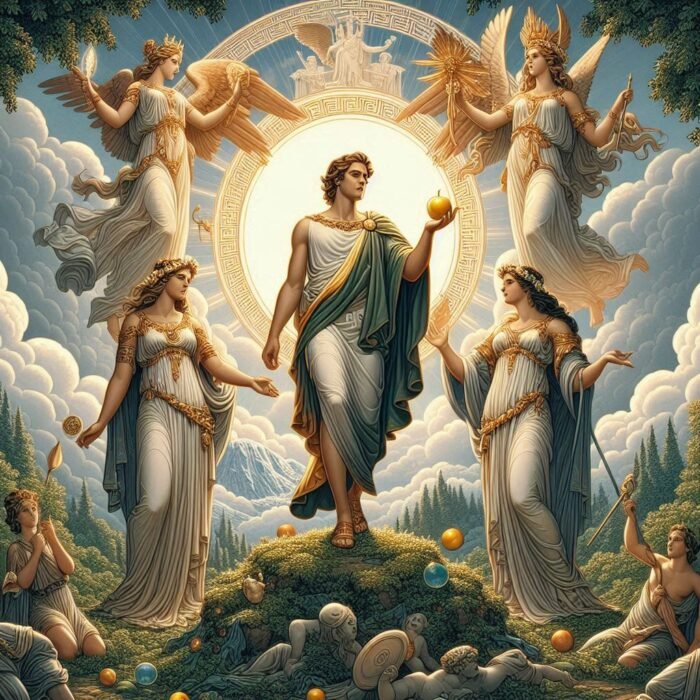

Comments